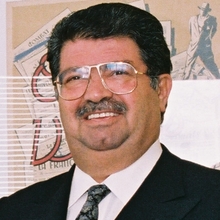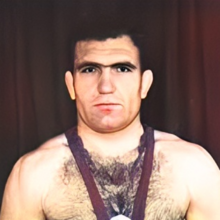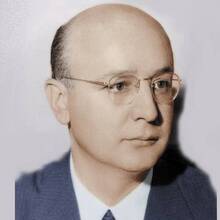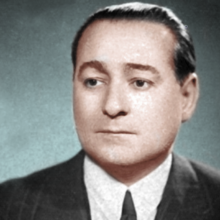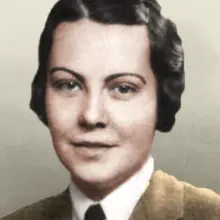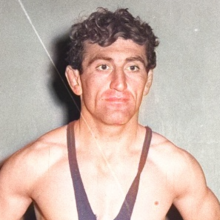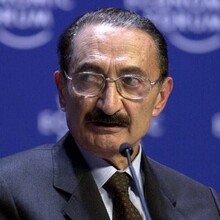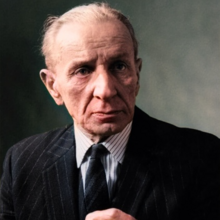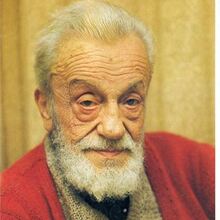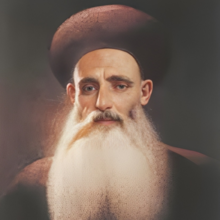
Personal
Other names:
Halide Edib
Job / Known for:
Novelist and pioneer in the emancipation of women
Left traces:
Her novels and her role in the Turkish War
Born
Date:
1884-06-11
Location:
TR
Constantinople, Ottoman Empire
Died
Date:
1964-01-09 (aged 80)
Resting place:
TR
Death Cause:
Cancer
Family
Spouse:
Salih Zeki Bey (1901-1910), Adnan Adıvar (1925-1964)
Children:
Ayşe and Taceddin
Parent(s):
Mehmed Edip Bey and Fatma İffet Hanım
QR Code:
 My QR code:
Halide Edib Adivar
https://DearGone.com/11959
My QR code:
Halide Edib Adivar
https://DearGone.com/11959
Key Ownner:
Not yet supported by key owner
Show More
Rank
Users ranking to :
Thanks, you rate star
Ranking
5.0
1
Fullname
Halide Edib Adivar
Slogan
I am one of those who think that the most beautiful
About me / Bio:
Show More
Article for Halide Edib Adivar
Died profile like Halide Edib Adivar
Comments:
